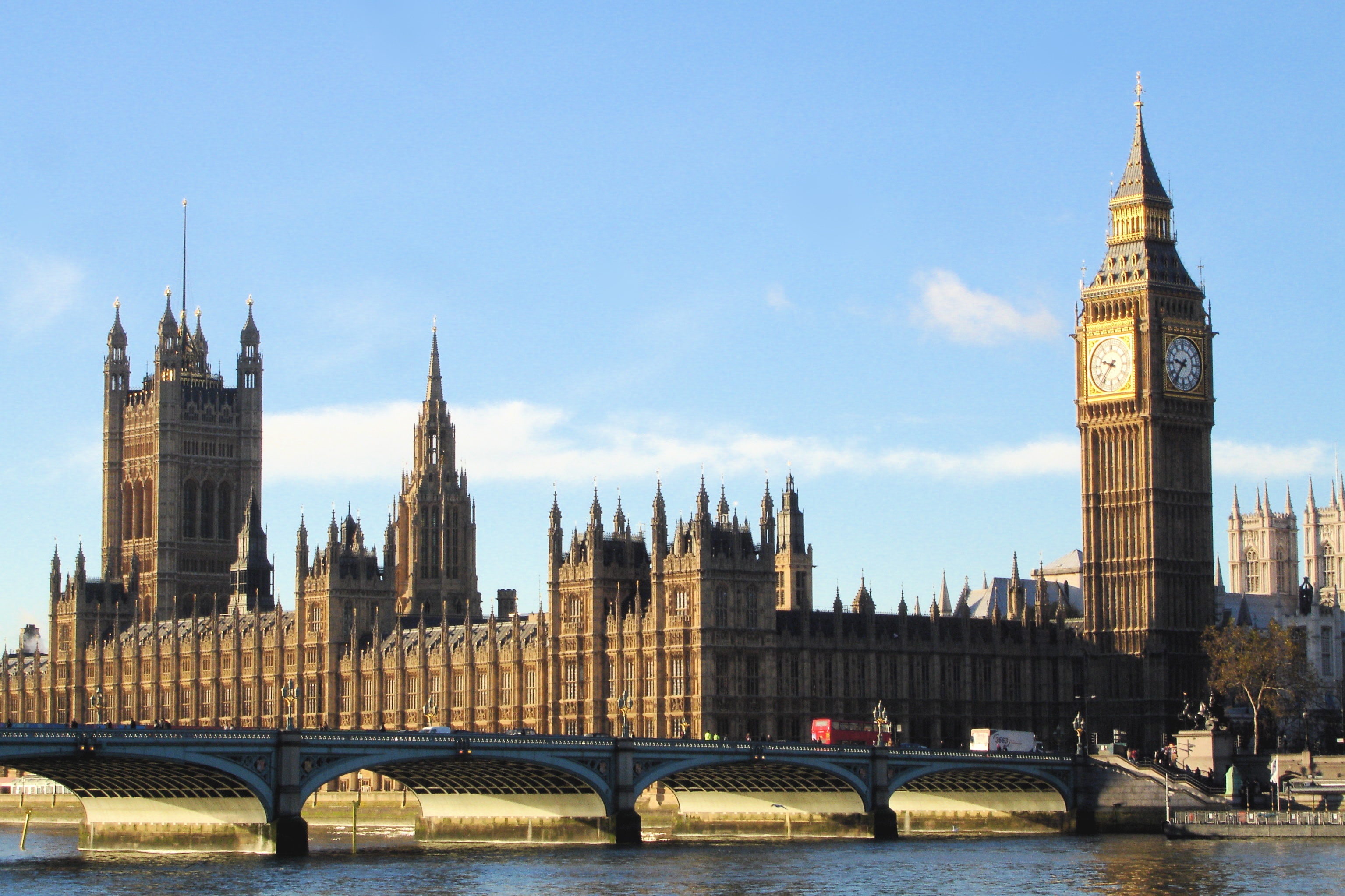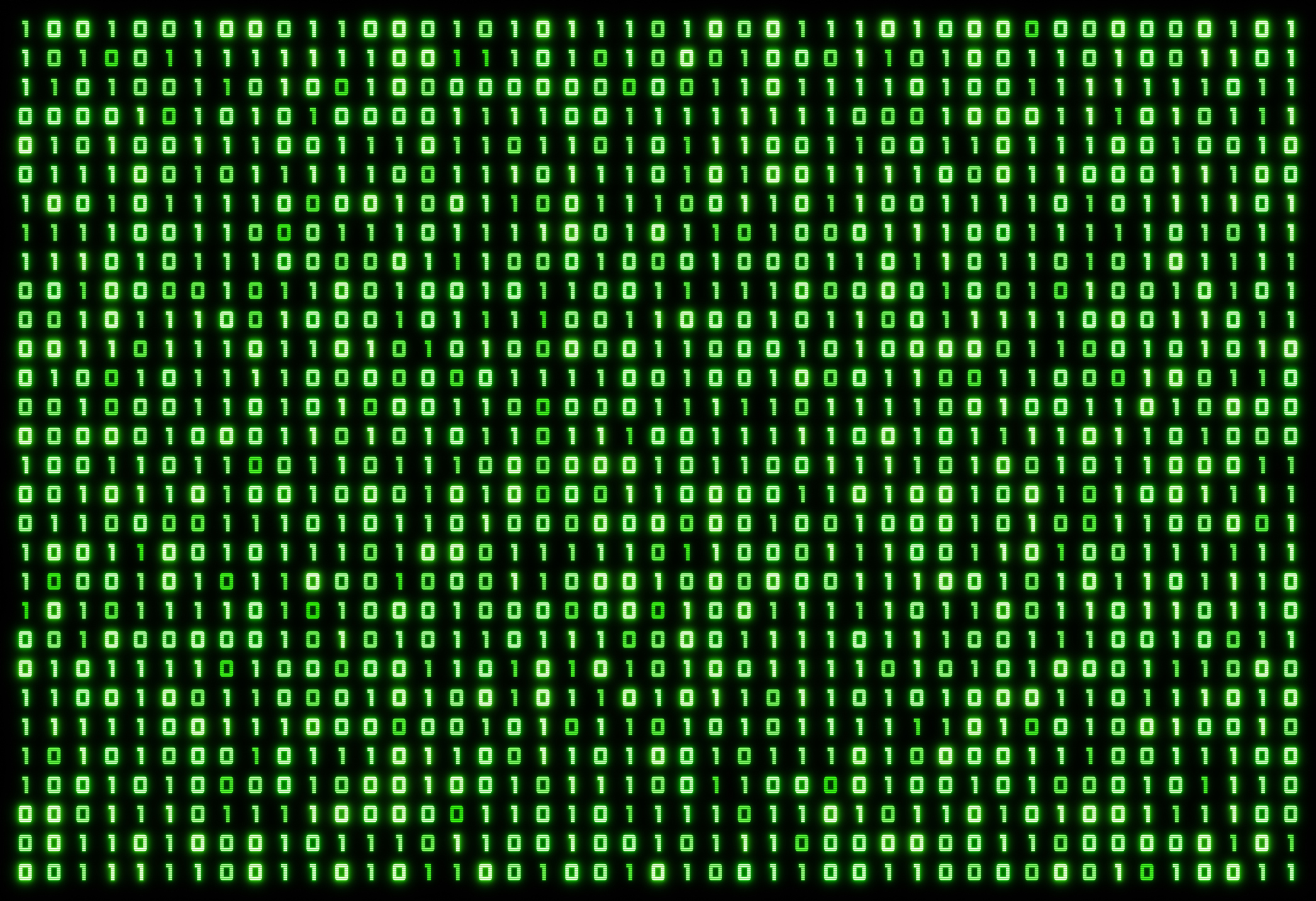Tories suffer privacy backlash over resurrected Snoopers' Charter
Privacy rights groups accuse Conservatives of sacrificing citizens' data rights after election triumph

A Tory threat to re-introduce the Snoopers' Charter has prompted a backlash from privacy groups just hours after the party won the general election.
Home Secretary Theresa May confirmed she would revisit plans to introduce the Draft Communications Data Bill after it became clear the Conservatives would form a majority government this morning.
Pollsters and experts predicted a hung parliament with no party having an overall majority, but Labour's challenge fell away last night, winning 35 per cent of the vote.
The Liberal Democrats also collapsed, and the Conservatives captured 51 per cent of seats to gain an overall majority.
Then-deputy Prime Minister Nick Clegg managed to veto the Snoopers' Charter while in a coalition with the Tories, but now David Cameron's party faces no such obstacle.
It means May can seek to hand British spy agencies citizens' data, by introducing the bill to force internet service providers to collect and store vast amounts of data on users, handing it over to the government on request.
The move prompted an outcry among privacy advocates, who condemned the decision.
Get the ITPro daily newsletter
Sign up today and you will receive a free copy of our Future Focus 2025 report - the leading guidance on AI, cybersecurity and other IT challenges as per 700+ senior executives
Privacy International's legal director, Carly Nyst, told IT Pro: "Raising the spectre of expanded surveillance powers only moments after the election results have emerged is a clear indication of the forthcoming assault on the rights of ordinary British citizens."
She accused the government of ignoring "widespread public concern" about privacy threats, and said the Tories will "sacrifice the civil liberties of Britons everywhere on the altar of national security."
Cameron announced his intention to ban encrypted messaging services if re-elected, saying back in January: "The powers that I believe we need, whether on communications data or on the content of communications, I am very comfortable that those are absolutely right for a modern, liberal democracy."
Then-Liberal Democrat MP Julian Huppert responded a month later by calling such proposals "catastrophic" for UK businesses intent on securing their products and data.
Huppert lost his seat yesterday, however, and it is hard to see where meaningful opposition to the bill will come from.
But Open Rights Group's executive director, Jim Killock, said he hopes other parties' MPs in Parliament would work together to block any such legislation.
He said: "The Snooper's Charter is discredited, intrusive and treats us all as suspects. We hope that MPs from all parties, who care about civil liberties, will oppose any further attempt to reintroduce this fundamental threat to our freedoms."
-
 Cleo attack victim list grows as Hertz confirms customer data stolen
Cleo attack victim list grows as Hertz confirms customer data stolenNews Hertz has confirmed it suffered a data breach as a result of the Cleo zero-day vulnerability in late 2024, with the car rental giant warning that customer data was stolen.
By Ross Kelly
-
 Lateral moves in tech: Why leaders should support employee mobility
Lateral moves in tech: Why leaders should support employee mobilityIn-depth Encouraging staff to switch roles can have long-term benefits for skills in the tech sector
By Keri Allan
-
 UK businesses patchy at complying with data privacy rules
UK businesses patchy at complying with data privacy rulesNews Companies need clear and well-defined data privacy strategies
By Emma Woollacott
-
 Data privacy professionals are severely underfunded – and it’s only going to get worse
Data privacy professionals are severely underfunded – and it’s only going to get worseNews European data privacy professionals say they're short of cash, short of skilled staff, and stressed
By Emma Woollacott
-
 Four years on, how's UK GDPR holding up?
Four years on, how's UK GDPR holding up?News While some SMBs are struggling, most have stepped up to the mark in terms of data governance policies
By Emma Woollacott
-
 Multicloud data protection and recovery
Multicloud data protection and recoverywhitepaper Data is the lifeblood of every modern business, but what happens when your data is gone?
By ITPro
-
 Intelligent data security and management
Intelligent data security and managementwhitepaper What will you do when ransomware hits you?
By ITPro
-
 How to extend zero trust to your cloud workloads
How to extend zero trust to your cloud workloadsWhitepaper Implement zero trust-based security across your entire ecosystem
By ITPro
-
 The threat prevention buyer's guide
The threat prevention buyer's guideWhitepaper Find the best advanced and file-based threat protection solution for you
By ITPro
-
 Why The Matrix offers valuable lessons on data sovereignty for channel partners
Why The Matrix offers valuable lessons on data sovereignty for channel partnersIndustry Insight Two decades on, there's much that the Matrix series can teach channel partners about data sovereignty
By David Devine